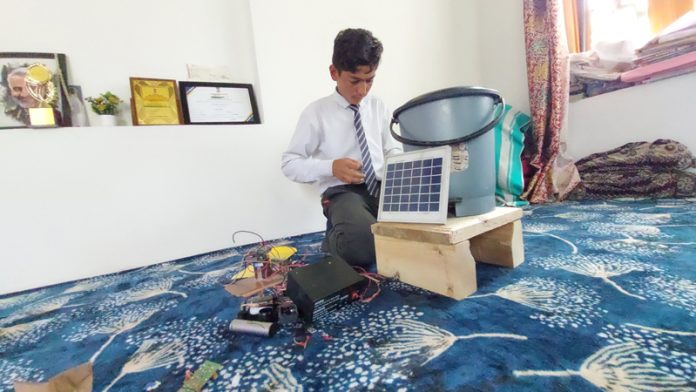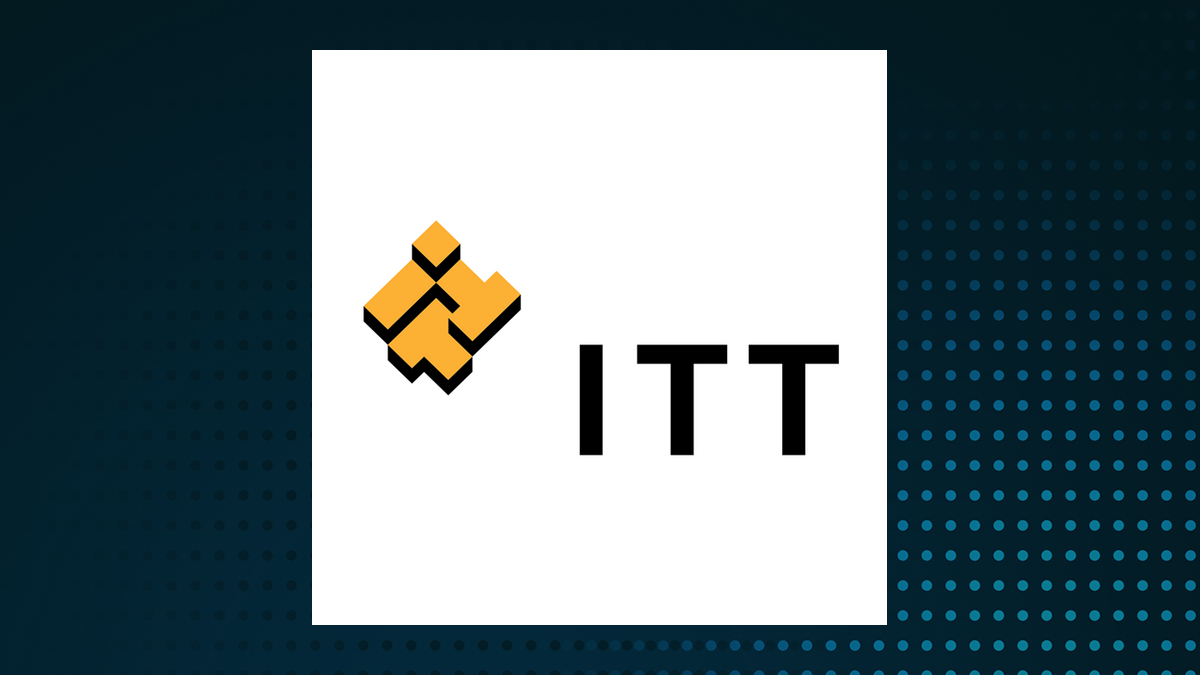
In Bangladesh, a staggering 2.8% of the population lives with at least one form of disability, according to the Bangladesh Bureau of Statistics (BBS). For people aged between 15 and 65 with disabilities, unemployment rates soar to approximately 72%, showcasing the stark gap in opportunities.
Bangladesh's National Policy for the Disabled gives guidelines for prevention, identification, rehabilitation, education, research and accessibility, among other things, to those with disabilities. The Disability Welfare Act 2001 addresses, among others, the "protection of rights of people with disabilities, equal opportunities for participation in education, training, employment opportunities etc." There are also specific indications in the said Act to promote employment of the Persons with Disabilities (PwD) in government and other recruitment processes.

The government has also reserved a quota in public service for PwD. However, despite all this, the representation of PwD in the workforce is quite insignificant. Breaking barriers with digital skills For youth with disabilities, employment barriers go beyond societal stigma or lack of education.
The physical environment itself—such as poor transportation systems and inaccessible workplaces—restricts their mobility and integration into the workforce. Educational institutions, industries, factories, and formal workspaces, are unequipped to train and accommodate PwD, leaving them further marginalised. However, the growth of AI and digital skills in Bangladesh is creating new opportunities for people with disabilities, offering fresh hope for greater inclusion in the workforce.
One such initiative is currently being implemented by the Building Youth Employability Through Skills (BYETS) project of Swisscontact, in collaboration with the Centre for the Rehabilitation of the Paralysed (CRP). Together, they have launched a specialised five-month residential ICT training program aimed at equipping young PwD with in-demand digital skills. This program empowers them to compete in today's job market by providing the tools and knowledge needed to navigate the evolving digital landscape.
The first month of the five-month training held at the CRP's Manikganj training centre focuses on basic Microsoft Office applications (Word, Excel, PowerPoint, and Access). As the students get acquainted with MS Office skills, they begin their training on a digital marketing course. This training will allow the participants to pursue freelancing opportunities, which is particularly useful for those whose physical mobility restricts them from traditional office jobs.
After completing the training the trainees will be supported to become freelancers enabling them to work from home. In a country where most infrastructures are not equipped to accommodate wheelchair users or individuals with limited mobility, freelancing opens doors to financial independence that would otherwise remain closed. A path to self-sufficiency For many of these trainees, this ICT training is not just a course—it is a life-changing opportunity.
Riduan Rahman, a 20-year-old participant who finished his HSC last year, reflects on the impact the training has had on him so far: "Before I joined this program, I didn't have any ideas about the things that I am being taught." According to Riduan, he is being taught basic yet important digital skills such as editing documents in Word, checking CVs, and doing calculations in Excel. The trainees have also just started their classes on digital marketing, where they are learning the basics of social media marketing, search engine optimisation, and other necessary tools.
Riduan suffered a spinal cord injury at age four and thus lacks strength in his body from the waist down. He recounts that despite his physical inabilities, he hasn't stopped pursuing his goals. Through the program, he is gaining the confidence to pursue freelancing and hopes to become self-reliant, funding his education without the need for further financial support.
Many others like Riduan are set to benefit from the program's efforts to empower them with the skills needed for freelancing or remote jobs - as the program currently hosts 10 individuals undergoing this inclusive training. CRP's ICT instructor, Mahmuda Akter Palli, explains, "This program is opening doors for people who have never had the chance to be employed. Even with mobility challenges, they can now pursue a career in fields such as data entry and virtual office assistance.
" Palli further states that special equipment such as wheelchair-enabled computer assistance is provided to the PwD participants currently undergoing this training program, highlighting CRP's utmost care for its resident trainees. A vision for a more inclusive Bangladesh In Bangladesh, NGOs have often played a pivotal role in reaching populations deprived of their entitlements due to gaps in government services. Unfortunately, in the case of PwD, the initiatives by NGOs are scanty as well.
NFOWD, the National Disability Think Tank, is the only registered network of its kind and is the apex body for NGOs focused on disability in the country. With 388 members, it represents the few NGOs, out of thousands in the country, dedicated to supporting PwD. The Executive Director of CRP, Dr.
Md. Sohrab Hossain, says, "CRP has partnered in this unique initiative because we believe that the program can make a meaningful impact in the lives of PwDs. This training not only creates confidence in the participating trainees but also creates a scope for having independence in their lives.
Their success will create inspiration for PWDs, enabling them to make an inclusive society. This initiative strives to build a more inclusive, skilled workforce in Bangladesh, addressing the often-overlooked potential of PwD." The initiative is not just about short-term employment; it seeks to create long-term success stories.
The BYETS project hopes that, by investing in these young people and helping them navigate freelancing platforms, they will become entrepreneurs in their own right. By empowering PwD to achieve financial independence, this initiative fosters an inclusive society, promoting equality and ensuring that no one is left behind in the workforce. The BYETS project is funded by the Embassy of the Kingdom of Netherlands and implemented by Swisscontact.














